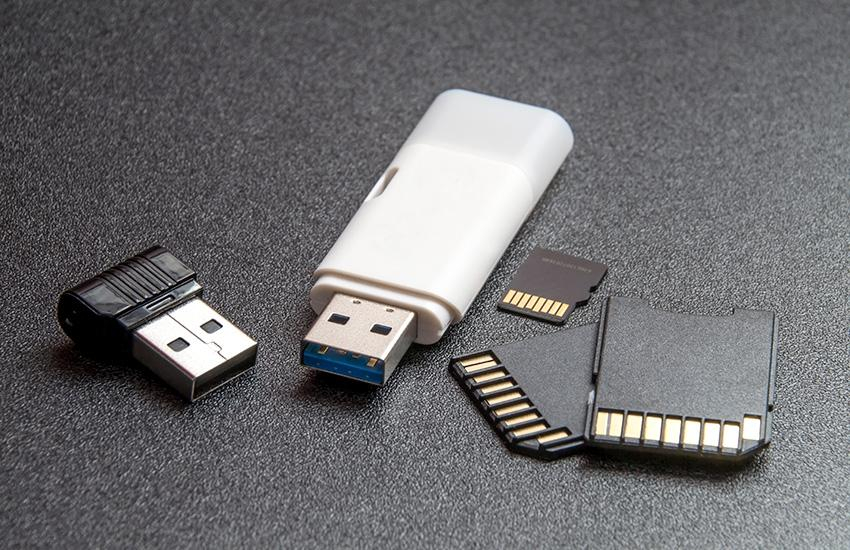Have you ever wondered how many storage units there are in the Computing? Believe it if you can! Currently, there are more than 25 storage units and they are used for the storage and retrieval of information that cannot be lost, both information necessary for the computer and used by the user/artificial intelligence, as well as spreadsheets, texts, photos, database information, information generated by applications, among others. thousands of other possibilities.
In addition, systems in the field of computing can store data, both internally (in main memory) and externally (in storage devices). External storage devices, for example, may physically reside inside the computer's main processing unit, they are outside the main circuit board.

These devices store data in the form of charges on a magnetically sensitive medium (magnetic disks). Optical technology, on the other hand, allows storage capacities on the order of several hundred megabytes of data through laser light (which is already considered obsolete in current times).
List of Storage Units*
- 1 Bit = Binary Digit
- 8 Bit = 1 Byte
- 1024 Bytes = 1 Kilobyte
- 1024 Kilobytes = 1 Megabyte
- 1024 Megabyte = 1 Gigabyte
- 1024 Gigabytes = 1 Terabyte
- 1024 Terabytes = 1 Petabyte
- 1024 Petabytes = 1 Exabyte
- 1024 Exabytes = 1 Zettabyte
- 1024 Zettabytes = 1 Yottabyte
- 1024 Yottabytes = 1 Brontobyte
- 1024 Brontobytes = 1 Geopbyte
- 1024 Geopbytes = 1 Saganbyte
- 1024 Saganbytes = 1 Pijabyte
- 1024 Pijabytes = 1 Alphabyte
- 1024 Alphabytes = 1 Kryatbyte
- 1024 Kryatbytes = 1 Amosbyte
- 1024 Amosbytes = 1 Pectrolbyte
- 1024 Pectrolbytes = 1 Bolgerbyte
- 1024 Bolgerbytes = 1 Sambobyte
- 1024 Sambobytes = 1 Quesabyte
- 1024 Quesabytes = 1 Kinsabyte
- 1024 Kinsabytes = 1 Rutherbyte
- 1024 Rutherbytes = 1 Dumbnibyte
- 1024 Dumbnibytes = 1 Seaborgbyte
- 1024 Seaborgbytes = 1 Bohrbyte
- 1024 Bohrbytes = 1 Hassiubyte
- 1024 Hassiubytes = 1 Meitnerbyte
- 1024 Meitnerbytes = 1 Dormstadbyte
- 1024 Dormstadbytes = 1 Teoentbyte
* With search information by “Byte” in Wikipedia.
Still, industries consider 1 GB = 1000*1000*1000 bytes, because in the international system of units (the famous YES), the prefix giga means ten to ninth (billions), while the operating system considers 1 GB = 1024*1024*1024 bytes, since computers work with binary systems.
This causes a certain disparity between the size informed when purchasing the HD or SSD and the size considered by the operating system. Also, another factor that can make the disk capacity smaller than stated is low-level formatting (physical formatting) with which the disc leaves the factory.
And you, what did you think of the article here on DevSchool? Share with the friends! 🙂

































